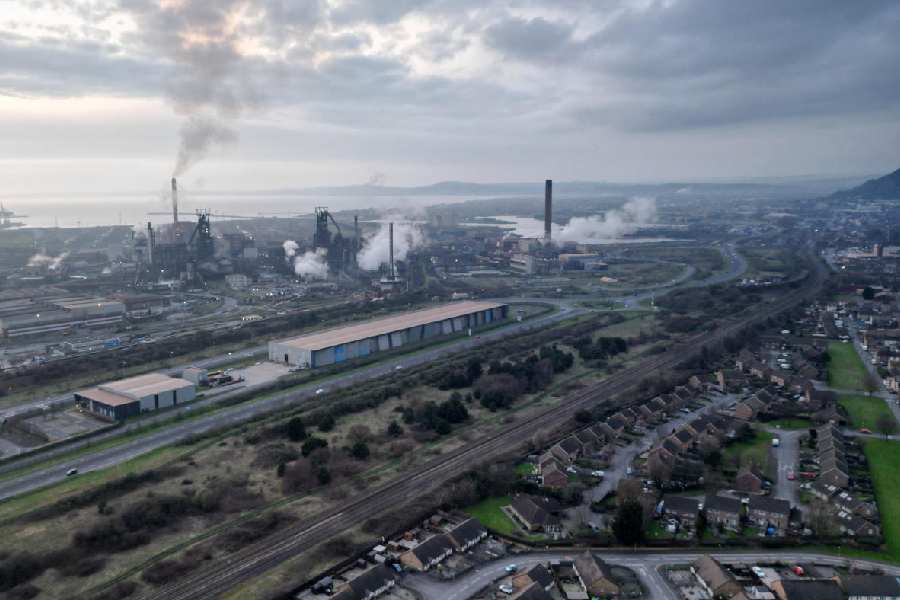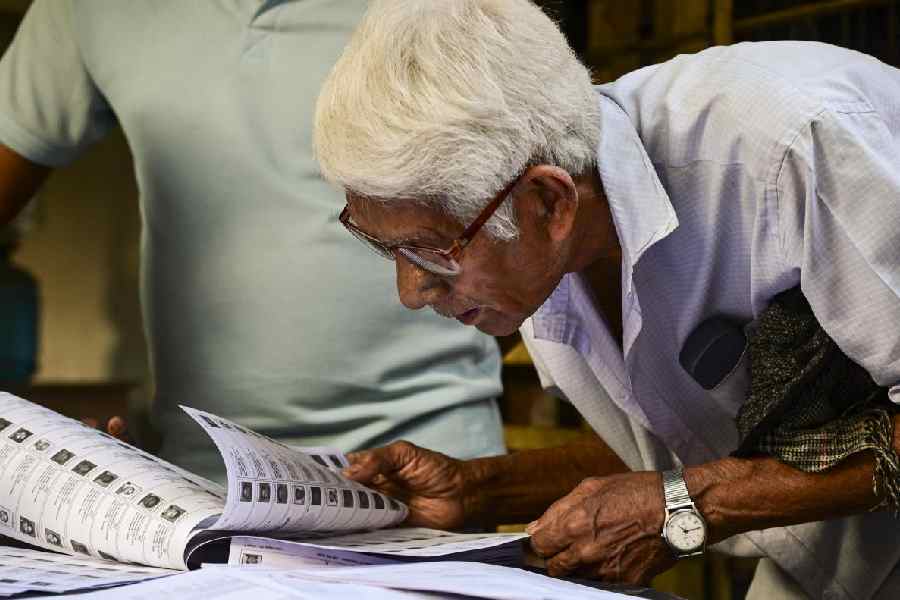Tata Steel has started to wind down operations at Port Talbot in the UK amid an advanced stage of negotiations with the trade unions about the closure of blast furnace operations and job loss.
The company said it has decided to cease operations of the coke ovens at the Port Talbot plant in Wales, citing a deterioration of operational stability.
According to the plan unveiled by Tata Steel on January 19, the company plans to scrap the polluting BF operations in the UK and build a greener steel plant using scrap in an electric arc furnace.
The cost of the new plant is going to be £1.25 billion, including a grant of £500 million from the UK government.
On Monday, Tata Steel reminded that many of its heavy-end assets (BFs and coke ovens) in Port Talbot are at their end-of-life capability.
Following the closure of the coke ovens, which produce metallurgical coke that is then used in BFs, Tata Steel will increase imports of coke to offset the impact of the coke oven closures.
The proposed restructuring exercise will cost 2,800 jobs in the UK, including 2,500 by the middle of 2025. The trade unions have opposed the proposal and demanded that the Tatas continue with one blast furnace.
According to the plans, the first blast furnace and coke ovens will be closed by the middle of 2024 and the second by the end of the year.
The closure of the coke ovens signal that the Indian management is unlikely to budge from its stated position. It had previously stated that continued blast furnace production till the EAF is ready in 2027 is not feasible or affordable.
The company argued that building the EAF in an already operating steel melt shop would be fraught with risks, significantly increasing costs, creating a sub-optimal plant layout, delaying implementation of the plan and jeopardising the proposed business transformation programme.
Moreover, the projected operating costs of such a configuration are financially unaffordable.
The proposal also includes a wider restructuring of other locations and functions across the company, including the intended closure of the
Continuous Annealing Processing Line (CAPL) in March 2025.
However, the company management agreed to take elements of the proposals put forward by the unions.
In discussion with the UK Steel Committee, it decided to continue to operate the hot strip mill through the proposed transition period and in the future.










